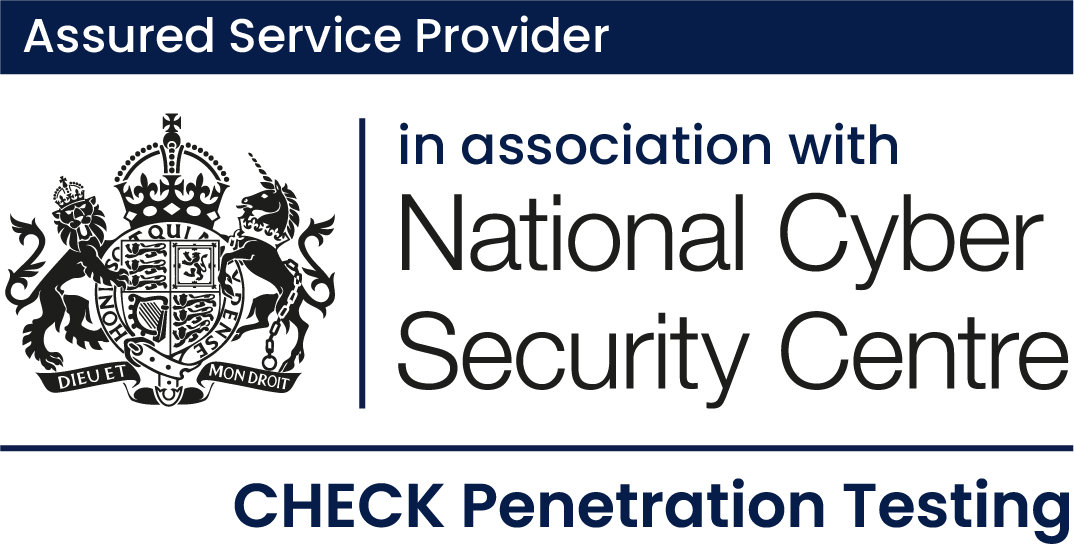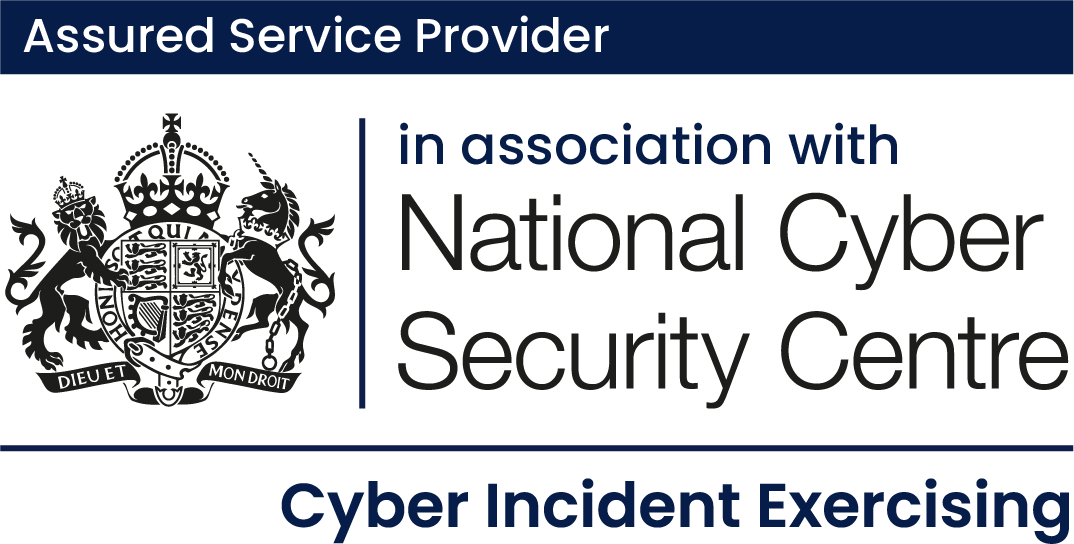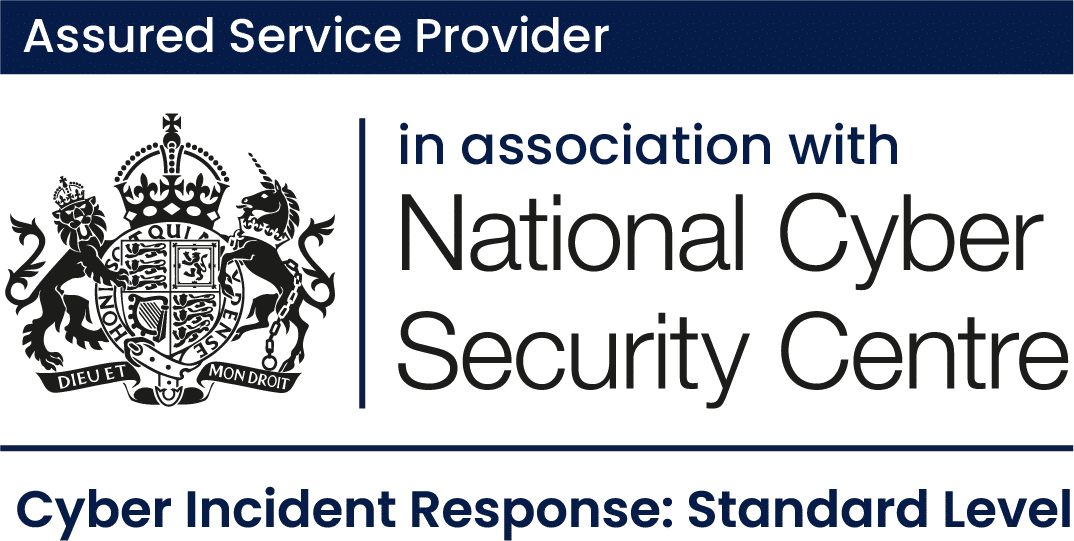In the King’s Speech it was announced that further details would follow about the CSR Bill, and it looks like we now have the confirmed and proposed measures:
Cyber Security and Resilience Bill: policy statement – GOV.UK
These have been proposed by both MPs and the Department for Science, Innovation and Technology (DSIT) and backed by the NCSC:
Cyber Security and Resilience Policy Statement to… – NCSC.GOV.UK
The bill looks to enhance the Network and Information Systems (NIS) 2018 Regulations:
The NIS Regulations 2018 – GOV.UK
Which was aimed at providing legal measures for improving the security (both physical and cyber) of IT systems for the provision of digital and essential services (online marketplaces, online search engines, cloud computing services) and essential services (transport, energy, water, health, and digital infrastructure services). Twelve regulators were identified as responsible for enforcing those regulations.
The major policy proposals and changes being introduced with the CSR not only increase the number of entities covered by NIS 2018, but also enhances the powers of these regulators, whilst aligning the UK, where appropriate with the approach taken in the EU’s NIS 2 directive:
Directive – 2022/2555 – EN – EUR-Lex
Understanding the Proposed UK Cyber Security Policy Changes
The UK government has laid out potential changes to its cyber security policy, aiming to bolster the nation’s resilience against evolving digital threats. These proposals encompass a range of measures designed to broaden the scope of regulation, strengthen supply chain security, and empower regulatory bodies. Here’s a breakdown of the key elements under consideration:
Expanding the Regulatory Framework
A significant aspect of the proposed changes involves bringing more entities under the umbrella of cyber security regulations.
- Bringing More Entities into Scope: The policy seeks to extend its reach to organisations that play a crucial role in the digital ecosystem.
- Managed Service Providers (MSPs) to be Regulated: Recognizing the critical access MSPs have to client IT systems and their potential vulnerability to cyber-attacks, they will now be subject to regulation.
- Definition of MSPs: The policy defines MSPs as entities that:
- Provide IT-related services to external organisations (not in-house).Deliver services reliant on network and information systems.Offer ongoing management, administration, or monitoring of IT infrastructure, networks, and cyber security activities.Include network access or connection to a customer’s systems.
- Regulatory Alignment: MSPs will be required to adhere to the same duties as digital service providers (RDSPs), with the Information Commissioner’s Office (ICO) acting as their regulator.
- Definition of MSPs: The policy defines MSPs as entities that:
Strengthening Supply Chain Security
The proposals also place a strong emphasis on securing the digital supply chain.
- New Duties for OES and RDSPs: Operators of essential services (OES) and RDSPs will face new obligations to actively manage cyber risks within their supply chains.
- Designation of ‘Critical Suppliers’ (DCS): Regulators may designate certain suppliers as ‘Critical Suppliers’ (DCS), even if they are small firms, if a disruption to their services could significantly impact essential or digital services.
- Criteria for DCS Designation (Proposed, Not Yet Agreed): A supplier could be classified as a DCS if:
- It provides goods or services to OES or RDSPs.
- Disruption to its services would have a significant effect on the delivery of essential or digital services.
- Its operations depend on network and information systems.
- It is not already subject to similar cyber security regulations.
- Obligations for DCSs: Once designated, DCSs will be subject to the same security and reporting requirements as OES and RDSPs.
- Criteria for DCS Designation (Proposed, Not Yet Agreed): A supplier could be classified as a DCS if:
Empowering Regulators & Enhancing Oversight
The proposed policy aims to equip regulatory bodies with greater authority and tools to effectively oversee cyber security practices.
- Technical and Methodological Security Requirements: It is proposed that security requirements will be aligned with the National Cyber Security Centre’s (NCSC) Cyber Assessment Framework (CAF). Additionally, the Secretary of State may issue sector-specific codes of practice to tailor standards.
- Improving Incident Reporting: The scope of reportable incidents will be broadened to include those impacting data confidentiality, integrity, and availability. Furthermore, a two-stage reporting process is being introduced:
- An initial notification within 24 hours.
- A comprehensive report within 72 hours.
- Reporting will be mandatory to both the relevant regulator and the NCSC.
- Firms will also be obligated to alert affected customers following significant incidents.
- Strengthening ICO’s Information Powers: The ICO will be granted enhanced powers to proactively gather information, enforce registration requirements, and new channels will be established for other bodies to share threat intelligence with the ICO.
- Improving Cost Recovery for Regulators: The proposed bill seeks to allow regulators to set fees, publish their charging principles, and consult with the industry. This aims to address cash flow issues and alleviate cost burdens on taxpayers.
Keeping Pace with Emerging Threats
The policy acknowledges the dynamic nature of cyber threats and the need for adaptability.
- Delegated Powers: The Secretary of State will be granted the authority to update regulations through secondary legislation, following consultation. This is intended to enable swift responses to evolving threats and technological advancements.
Additional Measures Under Consideration
Beyond the core elements, the proposed bill also includes additional measures that may be incorporated later, depending on legislative opportunities:
- Regulating Data Centres: Data centres with a capacity of ≥1MW (or ≥10MW for enterprise-only use) could be recognized as Critical National Infrastructure (CNI) in 2024 and brought under regulation. This is estimated to affect approximately 182 data centres and 64 operators.
- Statement of Strategic Priorities: The Secretary of State could publish a statement outlining strategic priorities for regulators every 3–5 years. This aims to ensure a consistent national cyber security strategy across different sectors and regulatory bodies.
- Powers of Direction (National Security): The bill might be expanded to grant the Secretary of State the power to:
- Direct entities to take specific actions against particular cyber threats.
- Instruct regulators to tighten sector-specific guidance.
- It is anticipated that these powers would only be invoked when necessary and proportionate to address national security concerns.
These proposed policy changes represent a significant step towards strengthening the UK’s cyber resilience in an increasingly complex digital landscape. Businesses and organisations across various sectors should pay close attention to the development and implementation of this legislation.
Roles & Responsibilities
As can be seen above, the bill will affect several entities, we have tried to summarise this into the following table:
| Entity Type | Definition / Characteristics | Role & Obligations |
| Managed Service Providers (MSPs) | – Provide services to other organisations (not in-house) – Rely on network/information systems – Involve ongoing IT system management or monitoring – Have network access | – Newly regulated – Same duties as RDSPs – Must follow cyber security and incident reporting requirements |
| Relevant Digital Service Providers (RDSPs) | – Digital services like online marketplaces, search engines, cloud providers | – Already regulated under NIS 2018 – Subject to enhanced incident reporting and transparency duties |
| Small & Micro RDSPs | – Smaller digital service providers currently exempt | – May be regulated if designated as a Critical Supplier |
| Operators of Essential Services (OES) | – Organisations providing essential national services | – Existing regulation under NIS – Will have new duties to manage supply chain risk |
| Designated Critical Suppliers (DCS) | – Supplier to OES or RDSP – Disruption could significantly affect service – Relies on IT/network systems – Not regulated elsewhere | – Will be brought under regulation – Must meet security and incident reporting standards |
| Data Centres (Proposed) | – Facilities hosting data infrastructure – Thresholds: ≥1MW capacity (general), ≥10MW (enterprise) | – Expected to be included – Duties include registration, risk management, and incident reporting |
| Regulators | – ICO and sector-specific bodies | – Enforce the regulations Gain stronger powers for oversight, cost recovery, and cyber threat monitoring |
Summing Up
Ultimately, the impact of the CSR will be wide-ranging. It will seek to provide stronger protection of critical services, enhance supply chain security, improve regulatory oversight and capabilities, improve incident response, provide regulator flexibility and some futureproofing, and improve national security and government readiness. The cost for businesses which have not previously fallen under these requirements, both in meeting these new obligations and in complying with them, will be high. However, when compared to the cost of a breach and disruption to these services, not just to the organisation but to the wider supply chain and country will be significantly higher.
Prism Infosec’s cybersecurity services, already work with several regulated industries and regulators, if you would like to discuss this with us, please feel free to reach out.
















